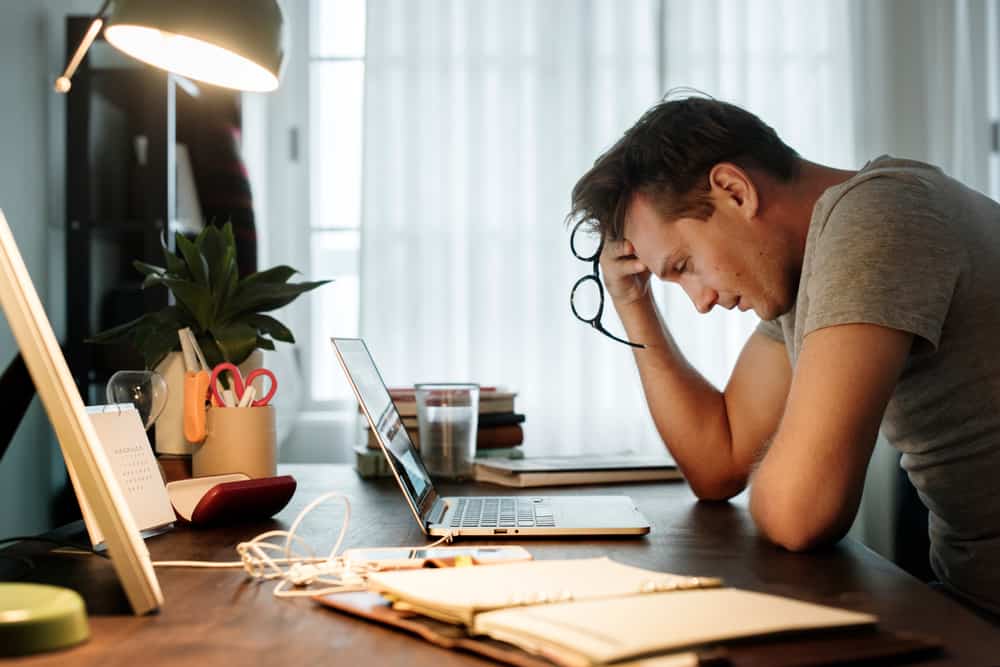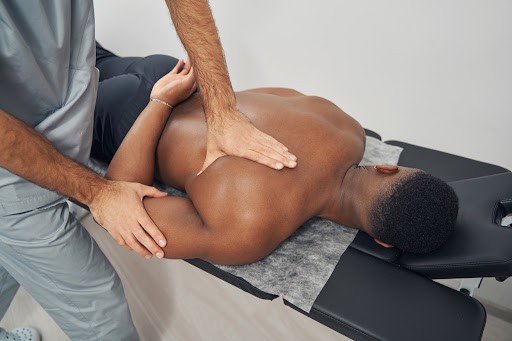
We often hear how stress is not good for our mental health but it can also affect our emotional and physical health too. Stress, although not always apparent, makes us feel internally turbulent, leading to stomach aches, headaches and even causing us to lose our appetite. It’s not always obvious what the cause of stress is and it can even be a gradual build-up of things that are out of your control. If you have a morning where you drop your favorite mug, spill coffee on your shirt, get stuck in traffic on your commute, and then when you sit down to work, your pen runs out – you are likely to feel extremely wound up and understandably so.
You might not recognize this as stress but your body certainly does and will react to this fact. Your heart rate may increase, you might feel pains in your chest and you are likely to feel down or even have thoughts of anxiety. Avoiding stress can be tricky but it’s about changing the way your mind thinks and carefully managing your reactions to stimulus’ outside of your control. If you know there are things that regularly get you riled up, you would be better off finding ways to calm yourself so as not to let yourself become ill through stress.
Calming Techniques
Calming techniques are healthy ways of dealing with stress – this does not include turning to harder substances such as alcohol and smoking which can cause long-term damage to your body. Instead, calming techniques are ways you can ease the feelings of stress and can be carried out everywhere without too much interruption to your day.
Silver Linings – Being able to find the positives in any situation is a skill that can and should be learned and it will help you better manage your emotional health when life becomes hectic. Although sometimes it can be difficult to find the good in a bleak situation, there is usually something that can come of most circumstances, more often than not, this is a learning opportunity that you can carry with you through life.
Helping Others – When life seems tough and hope seems lost, rather than wallow in what is, take the opportunity to help someone else in need instead. Not only will this distract you from the difficulties you face but can open your eyes to harder suffering and put your own circumstances into perspective. This can be as simple as making a donation to a worthy cause or if you have the time available, volunteering to support your local communities and provide them with an extra pair of hands.
Exercise – If you are in a position to and you feel your stress levels rising, one of the fastest ways to ease feelings of stress can be to get active and exercise. Exercise gets your heart pumping and releases chemicals in your brain called dopamine which can ease feelings of stress and make you feel happier. Exercise is good for your brain and your body and including a regular session of activity in your weekly schedule can do wonders for your emotional, physical and mental health.
Leaving Stress Unchecked
Stress can build over time and make you short-tempered and anxious, this can get worse if left unchecked and starts to affect your appetite, making your diet unhealthy and reduce your motivation to do things you previously enjoyed. It can also affect your sleep, making you restless, preventing deep sleep that recharges your body and mind which will have a further effect on your patience levels. Over time, if stress isn’t dealt with it can cause insomnia, meaning you will struggle to fall asleep and could end up with negative thought connections to your bed and bedroom.
There are other indicators of stress that shouldn’t be ignored including;
- In women, unchecked stress can actually affect hormone production which interferes with their regular menstrual cycle. In both men and women, stress can even reduce the efficiency of the reproductive systems making it harder to conceive or enjoy intercourse.
- Stress makes your muscles tense and short, which in areas such as your respiration system can leave you short of breath. Difficulty catching your breath creates a cycle of anxiety, making breathlessness worse and causing some people to panic. If you notice yourself becoming short of breath, take some time to practice calming breathing techniques to regulate your breathing, and relax your muscles.
- Feelings of stress can cause your blood vessels to narrow and become restricted which in turn raises your blood pressure and makes your heart work harder.
Stress can be a result of our home life, our work environment, or simply as a result of the constant bad news cycle that perpetuates the headlines. How we react to these outside influences will affect our stress levels so it’s important to take the time to learn how to manage feelings of stress and anxiety so it doesn’t become a long-lasting affliction that causes damage to your mental, emotional or physical health.





